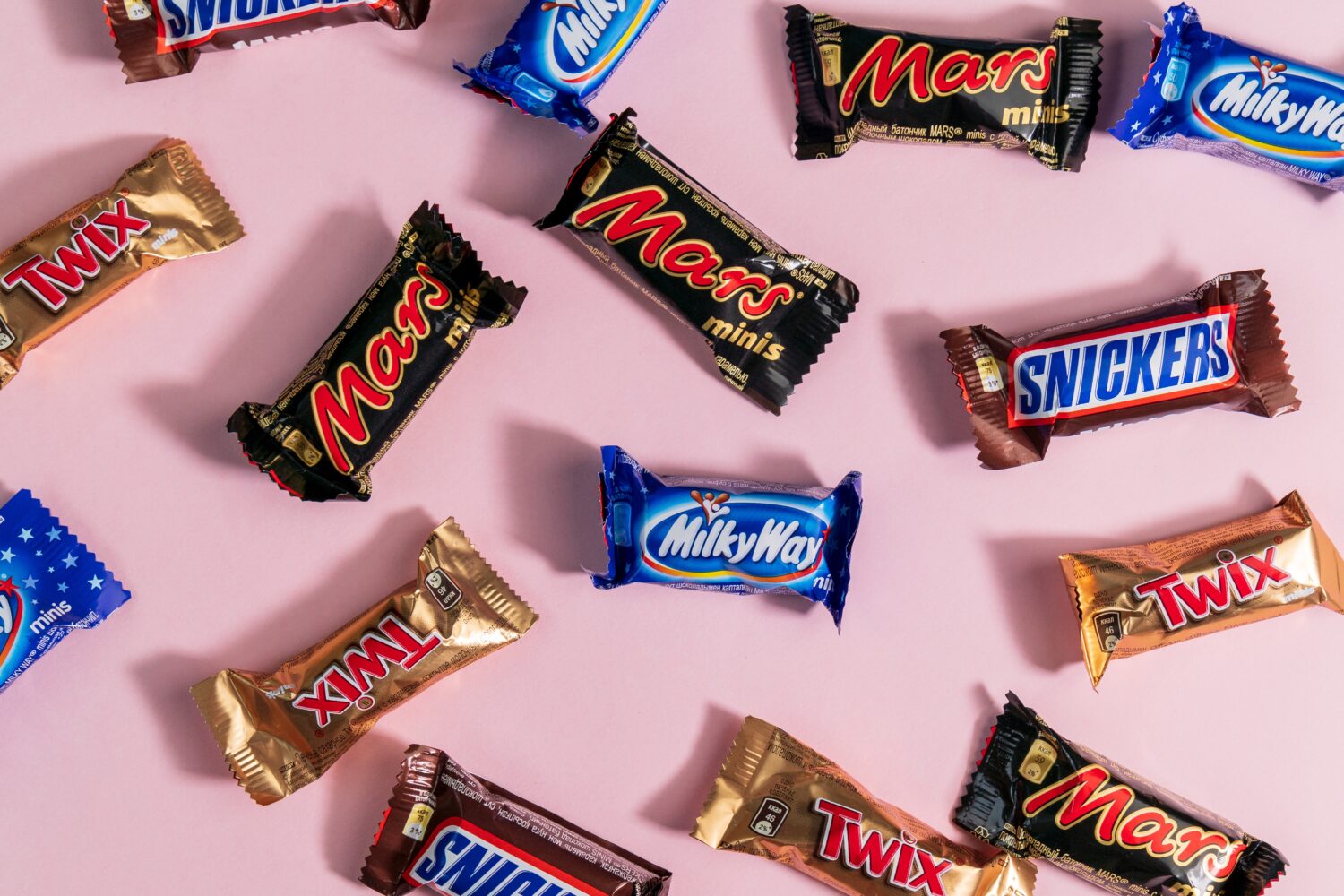Mars Wrigley’s CFO on championing the switch to paper-based packaging
The confectionary giant's financial chief has said CFOs should get comfortable saying yes to change if it aligns with growth and sustainability
The confectionary giant's financial chief has said CFOs should get comfortable saying yes to change if it aligns with growth and sustainability

In 2019, a Mars bar wrapper washed up on a beach in the UK – it was made in 1986.
The seemingly indestructible packaging was found during a beach clean on Constantine Bay on the northeast coast of Cornwall.
“It was almost intact,” CFO Duncan Webster told an audience at the World Economic Forum. “This was a massive problem.”
Mars Wrigley announced plans to move from plastic to paper-based packaging for its Mars, Snickers and Milky Way brands in 2020.
Following three years and AUS $2.5 million worth of intense research and development, the shift to Amcor’s FSC-certified paper-based packaging will be seen as of April 10, 2023.
“At the time of the decision, we did not know what the substrate of the packaging would be or how it would run through our machines,” Webster said. “But we believed we could do it.”
Webster explained Mars’ current plastic wrappers were “really, really cheap” and ran through their machines quickly without problem. “That is the complete opposite of paper-based packaging and that is the problem we have had to solve.”
Speaking to a room of finance leaders, Webster acknowledged CFOs are unlikely to say ‘yes’ very often in their careers; “it is not a phrase common in our vocabulary”, he admitted.
However, this project forced Webster to alter his thinking. “We had a strong belief this would resonate well with our employees, customers, and our consumers. If we solve this, it would be a huge step forward for the industry,” he said.
Webster and his team crunched the numbers and worked out the growth potential of the switch in packaging would pay for the increase in cost. “We will get enough growth to pay for the increased cost of packaging without having to increase the price of the product,” he said.
“It becomes easier to say yes if you can deliver the numbers […] It makes it safer to say yes.”
The research and development team leading the project is pioneering paper-based sustainable packaging solutions for the Mars Wrigley business globally.
The move is part of a $1 billion investment by parent company Mars to tackle climate change, poverty in the value chain, and scarcity of resources, and comes after several other confectionery brands, including Quality Street, KitKat and Ferrero Rocher, have converted their packaging to a more recyclable alternative.
The plan is for the technology, learnings, and insights developed and deployed locally in Australia to be shared and implemented in other Mars Wrigley markets across the globe.
Webster noted the project had afforded him the opportunity to step up in ways he has not had to previously as a CFO, championing the project from the get-go.
“I was personally very passionate for this to happen,” Webster said. “More passionate than my sales director who was very sceptical about whether you could get a bigger display of that [the new packaging] rather than price promotion which is how the game works.”
“With that, we have continued to push hard and figure out how we can make it work which has required a lot of championing from unsuspecting areas.”